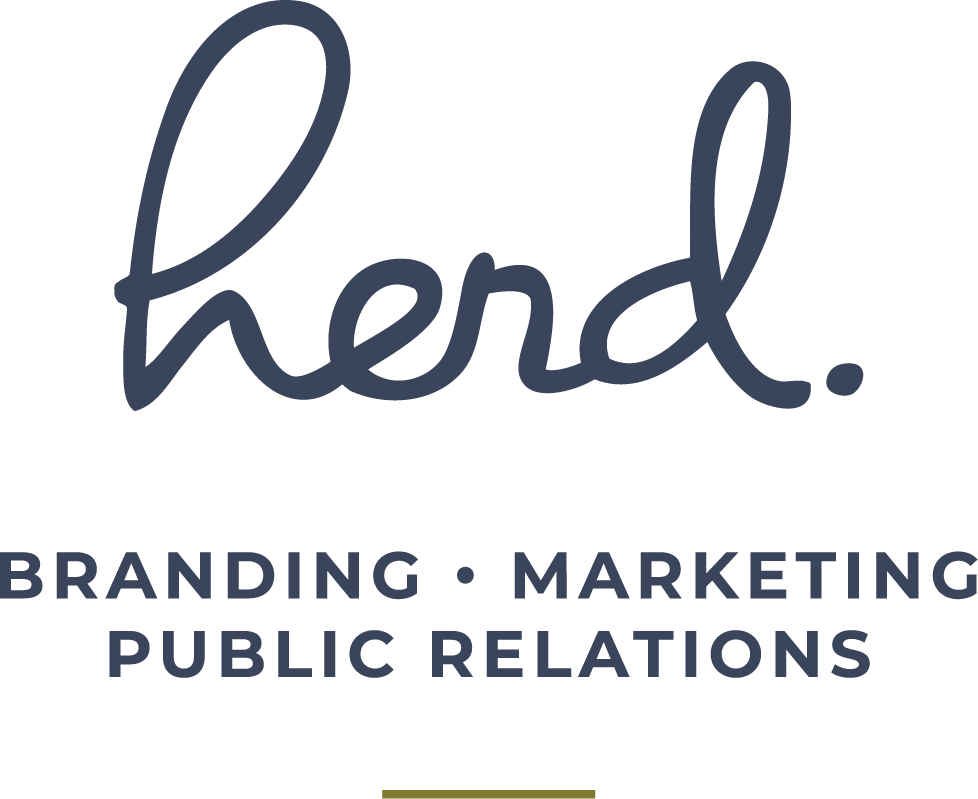Finding PR: A Graduate’s Perspective
I found myself asking “to PR or not to PR” as a college sophomore. I was studying music performance at the University of Indianapolis, and though I was in love with learning languages and developing classical technique, I felt like something was missing. As a forensics and writing buff throughout middle and high school, I wanted my education – and eventually my career – to encompass other forms of storytelling in addition to the ones set to music.
Two minors seemed likely to fill that gap: communication with a PR focus or marketing. Though the professional world frequently blurs the lines between marketing and other facets of communications, the content explored in academia is starkly different – I had to choose one.
I identified several key differences between the two fields that helped influence my decision. Marketing strategies influence the inner workings of an organization or its products/services, while PR strategies primarily address an organization's relationship with its community. PR focuses on a broader audience, including media and influencers, while marketing concentrates more specifically on current and potential consumers. Both fields are analytical and research-driven in their own right; however, marketing data is utilized to drive sales, while PR data keeps a pulse on consumer mindsets about a business. Marketing classes dealt with business strategies, finance, analytics and sales. Alternatively, PR classes covered mass media relations, research, writing and crisis communication. The in-house, student-run PR firm at my university also caught my attention, granting students the opportunity to design and implement PR tactics for real clients rather than simulated ones.
Bottom line, I found I was more interested in working with people than data. PR, focused on curating messages that reflect intentional relationship-building, has been a personally fulfilling path to pursue.
Since PR work surrounds developing and maintaining perception, PR can get a bad rap for being manipulative or disingenuous. However, I have learned that those stigmas are poor representations of the field. My comms journey has taught me that truth is the irreplaceable foundation of good PR. I have been extremely fortunate thus far to experience this field with practitioners who also value honesty and integrity as the core of business/consumer relationships.

